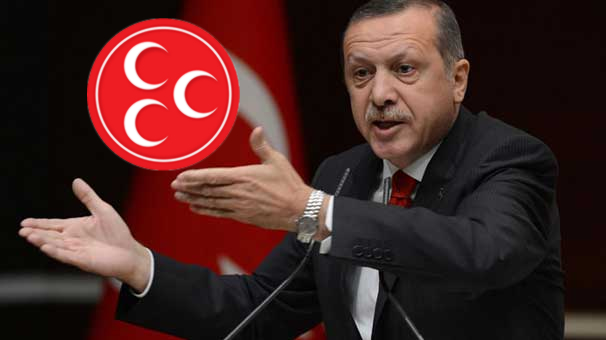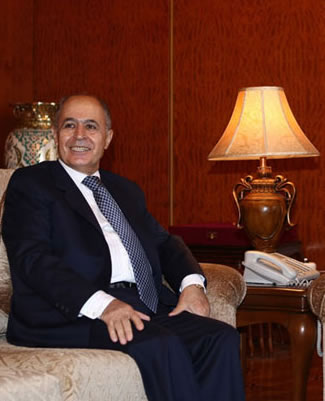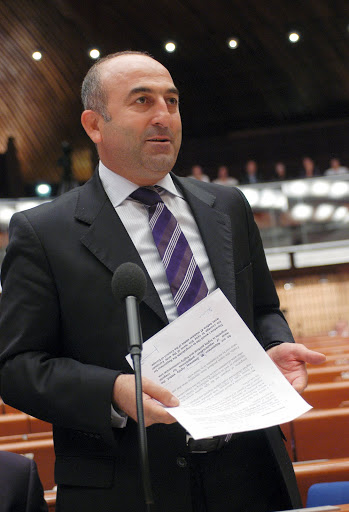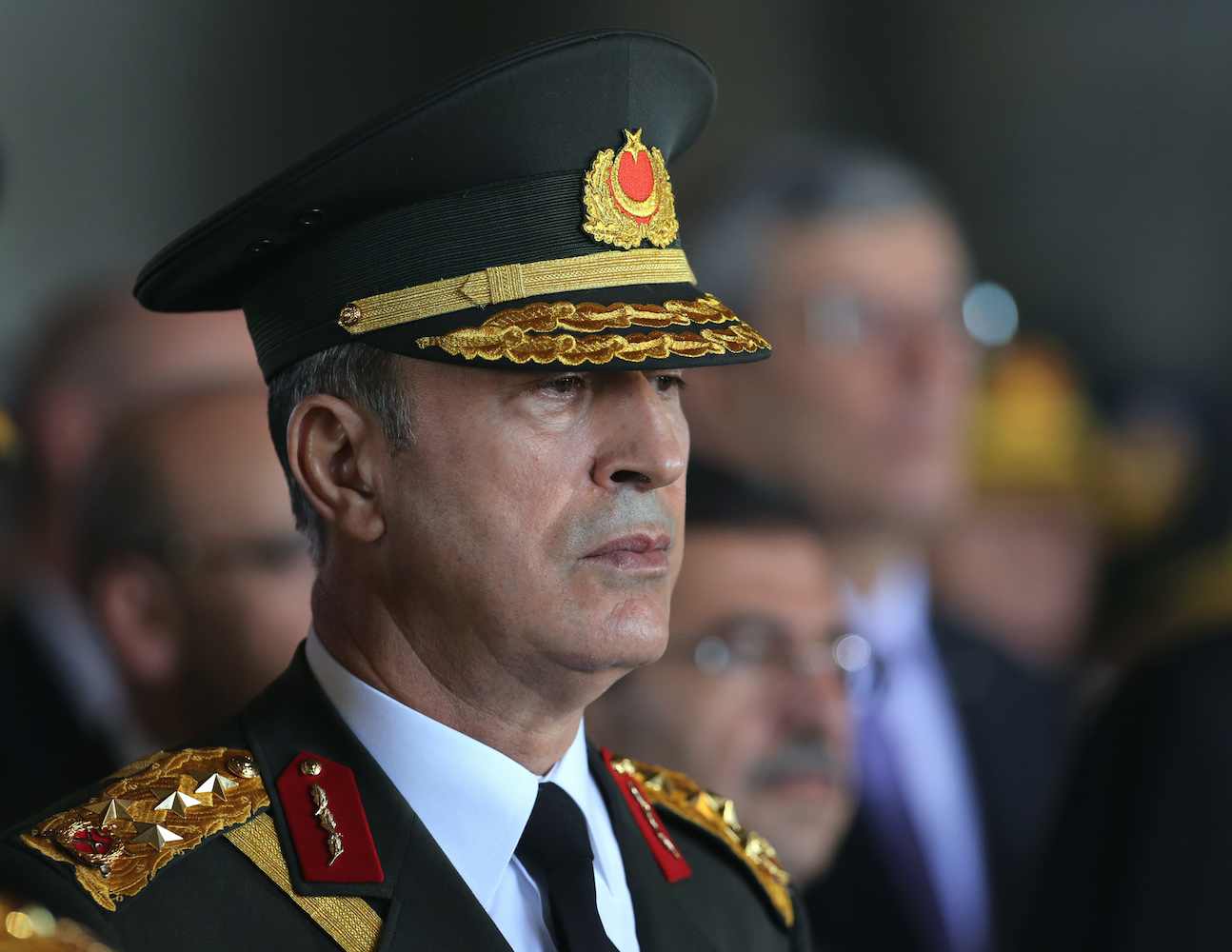The prime minister’s proposed electoral reforms are mainly designed to destroy Turkey’s nationalist party
Turkey’s prime minister Recep Tayyip Erdoğan rightly argues Turkey’s MPs are not accountable to their voters. Constituencies have grown too large – the Asian side of Istanbul, for example, is home to 3.5 million voters and represented by 30 MPs – and most people there don’t know which parties represent them, let alone who their MPs are.
To solve this, the prime minister has proposed two systems that would overhaul the way Turkish people elect their members of parliament. Under the first, the country would be split into 110 equal-sized constituencies, each electing five members, while the second would divide the country further: 550 constituencies, each electing a single MP. If either of those aren’t supported, Mr Erdoğan says, we can stick with what we’ve got.
Destroy the MHP
But an analysis of four Turkish provinces by this blog demonstrates that Mr Erdoğan’s proposals would mean fewer rural MPs, political arguments over boundaries and the elimination of the country’s nationalist party.
Beginning with the first argument: both models would raise the number of MPs in the cities at the expense of the countryside. Under the current system every Turkish province – even tiny Bayburt with its 50,000 voters – must be represented by at least one MP. Both proposed reforms would see places like Bayburt merged to share its MPs with a neighbouring province. The excess capacity would be shifted to the cities, where the voter-to-MP ratio is many times higher than rural parts.
Second, Turkey’s existing system of provinces, districts and neighbourhoods will not lend itself easily to equal-sized electoral constituencies. New boundaries will have to be drawn and fiercely political neighbourhoods carved up.
One such place identified by this blog’s analysis is Istanbul’s Maltepe district, where voters were split pretty evenly between the governing AK Party and opposition CHP. If electoral maths required a merger between Maltepe and neighbouring Sancaktepe, the knife-edge constituency would become solidly AK.
Who would draw the boundaries and settle any disputes? A cross-party body would be no good: a similar committee has taken two years just to thrash out a quarter of the country’s new constitution.
Third, both of Mr Erdoğan’s proposals overwhelmingly favour large parties over smaller ones. This blog’s analysis shows that the Nationalist Movement Party (MHP) would perform worse under the proposed systems than it did under existing rules in 2011. Given the MHP’s very poor showing that year, that is saying something. Independent MPs outside southeast Turkey suffer a similar fate.
The wrong problem
Mr Erdoğan may argue he is proposing to lower the threshold or eliminate it altogehter, but neither of his options fixes the problem in minority representation caused by the existing 10% threshold. He claims either system would greatly improve the link between an MP and his voter. A voter in Istanbul’s central Kadıköy district would not share an MP with a voter in Şile, on the other side of the province, making for representatives more in touch with local needs.
But Mr Erdoğan is trying to fix the wrong problem. The injustice in Turkey’s electoral system is not that MPs are unaccountable to the voters; it is that the voters cannot elect who they want.
As things stand, any party with less than 10% of the national vote in a general election does not get into parliament.
This threshold was singularly responsible for excluding Kurdish parties – which could only command about 5 percent of the vote – from parliament until 2007, when the Democratic Society Party (DTP) ran its candidates as independents. In 1999, the threshold kept a behemoth like the CHP out of parliament. In 2002 it created a minority parliament, because more Turks voted for parties that fell short of the threshold than for parties that crossed it.
The threshold is not illegal. It contravenes neither Turkish nor European law. The European Court of Human Rights said several years ago that it is “very regrettable to prevent political parties which represent millions of voters from entering the national legislature”, but has no powers to lower it.
Its adherents – unsurprisingly, always from the governing AK Party – argue it has delivered strong, stable government for the past decade. They also (correctly) point out the most recent election would not have been too different under a lower threshold, because 95% of Turkish people voted for a party that is now in parliament.
The fact remains that if you want to support a smaller party in Turkey, you have to hope one in ten of your compatriots agree with you.
Is it deliberate?
Turkey’s prime minister has often spoken of his fondness of the American style of politics. It is an open secret that he wants to install himself as an executive president, much like the White House’s occupant. He has said Turkey should operate on a system of two parties, broadly representing the left and the right.
Mr Erdoğan has also made no secret of his disdain for the MHP. He believes his is the party that represents nationalist sentiment in Turkey. Indeed, the AK Party’s 2011 campaign took on a distinctly nationalist tone in an attempt to attract enough voters to force the MHP below the 10 percent threshold and out of parliament.

That attempt failed, but his party continues to rail against the nationalists’ existence. Only this week Melih Gökçek, the mayor of Ankara, said “our friends in the MHP are not too different to us” and appealed to them to join the AK Party. Are Mr Erdoğan’s proposals just another attempt to do away with the nationalists?
There will be no progress on electoral reform in Turkey until after the local elections in March 2014. But it seems unlikely that either of Mr Erdoğan’s proposals will get anywhere, as opposition parties have rejected them. The prime minister will just have to find another way to kill the MHP.








